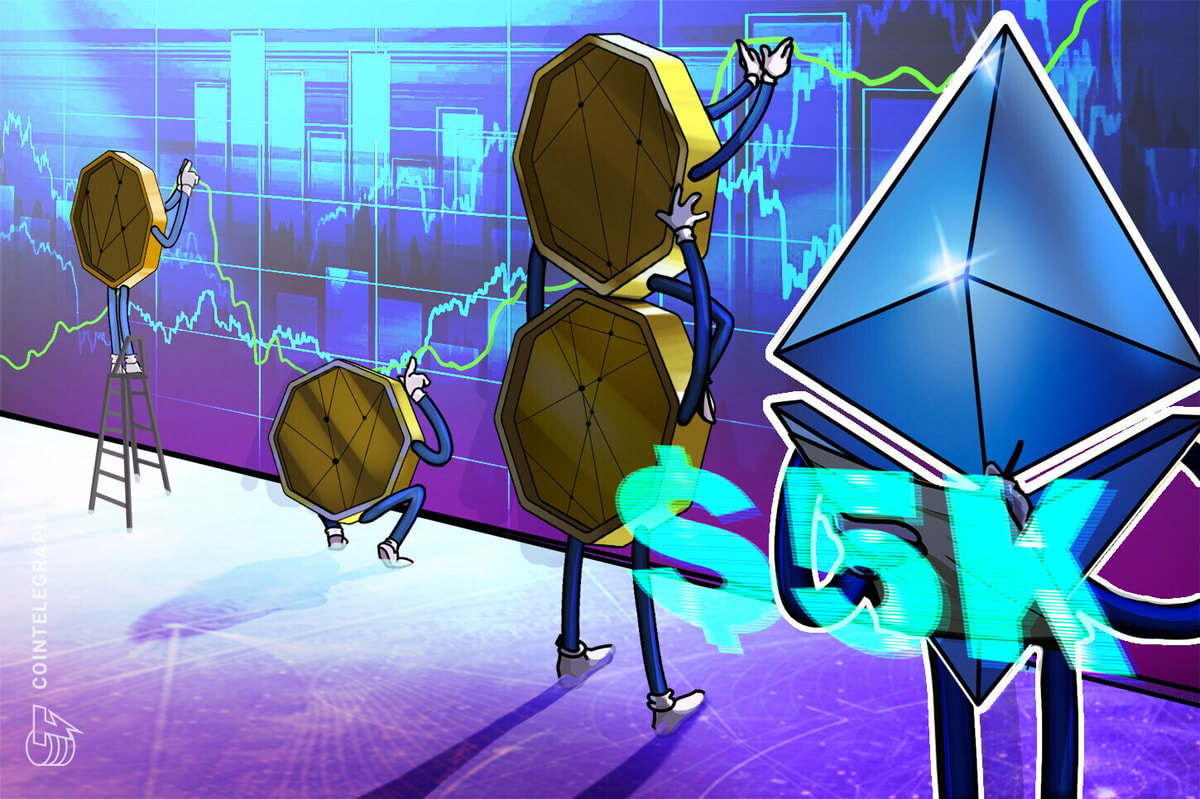A blockchain financial services provider now offers an Ethereum 2.0 validator node hosting service that does not charge fees or take a cut of the staking rewards.
Abyss Finance promises to make earning rewards for validating transactions on the in-development Ethereum 2.0 proof-of-stake blockchain as cheap and safe as possible.
To begin with, Abyss Finance moves beyond the usual methods by which validator node hosts earn money. Some staking services demand a 10% to 15% cut of the rewards generated, while others charge a hosting fee for virtual nodes.
In exchange for locking into a staking contract with an unlock waiting period of 14, 28 or 90 days, Abyss Finance provides a completely free service and protects against loss of funds from slashing penalties.
It achieves this by offering insurance against potential losses to clients’ stake from the slashing penalties that are assessed for various errors and misdeeds in order to keep validators honest.
One reason Abyss Finance can offer that insurance and keep Eth2 stakers’ rewards as high as possible is its use of Allnodes as its node hosting service. Its research found that Allnodes offers the best service around as well as being the “hosting and staking platform that generates the highest overall income for Eth2 validator nodes” — data that’s backed up by independent research from ConsenSys Codefi.
Beyond that, Allnodes boasts a 99.90% uptime service level agreement, making it one of the most reliable node hosting service providers available, the company says.
Privacy matters
User privacy is an important part of its offering, Abyss Finance says. First off, the platform offers anonymous registration through the user’s Ethereum wallet. Not even an email address is required.
Secondly, the hosting service does not store user keys — they are sent to Allnodes. Abyss Finance clients have access to their validator keys, and may leave the service at any time.
More Insights from Abyss Finance here
Allnodes itself is a non-custodial service, so stakes stay in a user’s wallet at all times.
The number of Abyss tokens that need to be acquired depend on the number of validator nodes a user wishes to host — and their chosen unbonding period. From here, the users can simply lock their Abyss tokens for that predetermined unbonding period, and the hosting service is free to use for as long as tokens remain locked.
What’s insured
Abyss Finance’s insurance covers the direct cost of slashing penalties — the fines deducted from a validator’s stake — making payouts in Abyss tokens. It comes with a minimum stake of $100 — which covers a client’s first hosted node with a 90-day unbonding commitment. Additional nodes start at $150, and there is no limit to how many nodes liquidity providers can host.
The insurance comes in two flavors. A basic coverage policy covers direct losses to clients’ stake from slashing penalties, as well as for all missed attestations that occur after the slashing happens. In this case, compensation is paid in Abyss Finance’s native ABYSS token.
The full insurance policy adds reimbursement for the potential loss of future rewards due to slashing. That is good until Phase 1.5 of the Ethereum 2.0 development process. The full policy ups the minimum lock requirement five times, to $500, and is only available to Abyss token holders. Full insurance payments, however, are made in Ether.
The decentralized finance service is being launched for holders of its ERC-20 ABYSS token to begin with. But, Abyss Finance expects to expand the offering to accept other tokens in line with community votes over time.
Learn more about Abyss Finance
Disclaimer. Cointelegraph does not endorse any content of product on this page. While we aim at providing you all important information that we could obtain, readers should do their own research before taking any actions related to the company and carry full responsibility for their decisions, nor this article can be considered as an investment advice.











